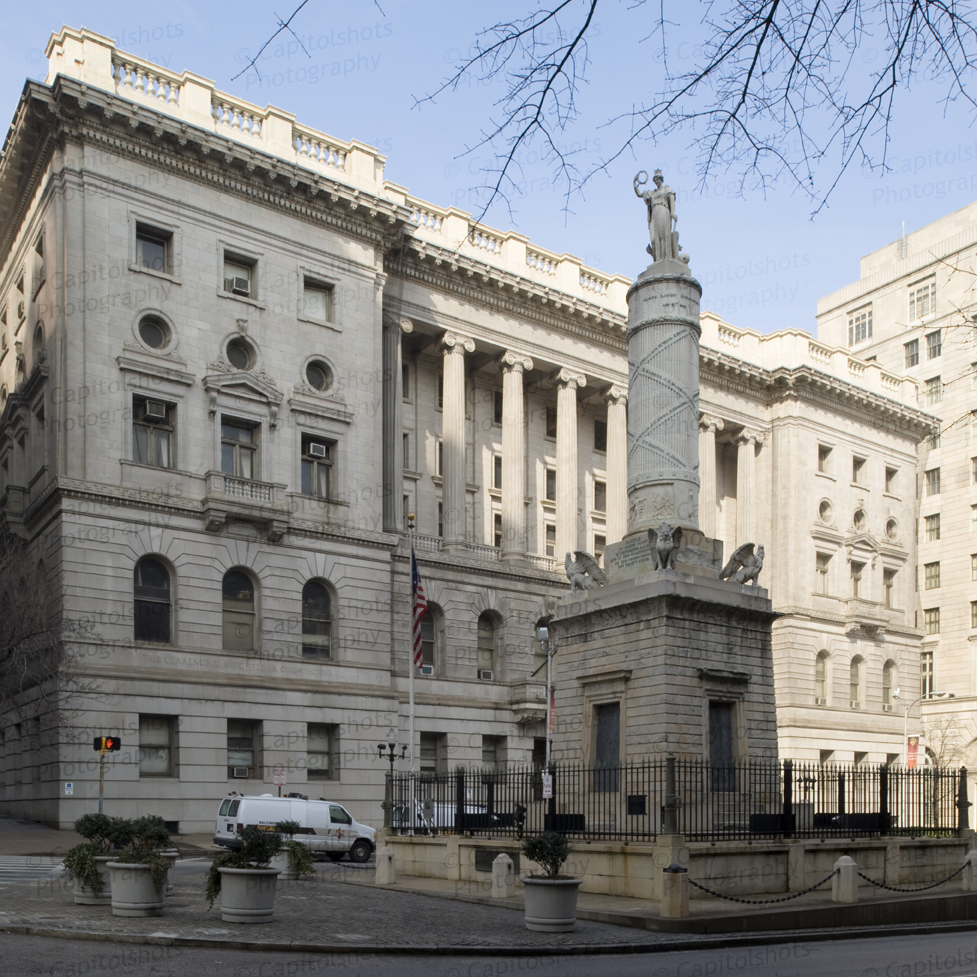
Thank you for reading Baltimore Witness.
Consider making a donation to help us continue our mission.
By
Andrew Michaels
- December 6, 2023
Court
|
Daily Stories
|
Data
|
Featured
|
Baltimore City’s decade-long wait for the Maryland Electronic Courts (MDEC) system is nearly over as the electronic case management system is slated to debut on May 6, 2024.
With less than six months until the anticipated launch, the Circuit Court’s overwhelming number of case files and outdated case filing process beg the question whether the Maryland Judiciary will meet its deadline to bring the judicial system into the 21st century.
Baltimore City is the last jurisdiction in the state to receive MDEC, which began its statewide rollout in the fall of 2014. Terri Charles, a Judiciary public information officer, said all circuit and district court judges, clerks, clerk’s office staff, and other local Judiciary employees are currently participating in MDEC training.
An all-day MDEC training session was recently held last month.
According to Judge Wanda K. Heard, the Circuit Court’s case filing systems within the criminal, civil, family and juvenile courts utilized different programs to store information both on paper and electronically prior to her retirement in 2019. Judge Heard said criminal and civil case information was stored in electronic databases, but paper files contained important case-related documents and evidence.
Some information, documents or evidence were only in the paper file, she noted.
The transferring of files from paper to an electronic database becomes even more complex when considering the number of new files coming into the Circuit Court each year. According to Baltimore Witness data, 256 and 255 arrests were made in 2021 and 2022, respectively, each requiring a case file per defendant. An additional 156 arrests have been made in 2023 as of Dec. 6.
Over the course of the defendant’s time in Circuit Court, case files grow as a result of paper-based legal documentation, ranging from the initial police report and bail pieces to motions, evidence, jury notes and appeals. That leaves the Circuit Court possibly transferring 664 criminal files since 2021, excluding other files from over the decades.
Defendant’s may also have multiple files for a single crime if charges are severed. Today’s technological advances have replaced many paper-based filing systems, such as the need for carbon paper. Despite the growing use of these computer systems, Baltimore Witness reports the Criminal Division continues to use carbon paper to provide multiple copies of the same document to the necessary parties involved in a case, including defense counsel, the prosecution, the clerk’s office and parole and probation.
These case files continue to use carbon paper for documents such as bail pieces, plea agreements and probation forms, according to Baltimore Witness.
The Judiciary website states MDEC is expected to reinvigorate the process by digitizing case files and making them accessible for involved parties and attorneys of record, both of whom will “have full access including remote access.” Yet, members of the public will still be required to go to the courthouse to view court records, the main difference being how they view the case file.
“…To know what was in the court file, you had to see the court file,” Judge Heard said of the Circuit Court’s process circa 2019, which Baltimore Witness reports remains the same today.
Whereas the current process requires the general public to complete paperwork at the clerk’s office before sorting through the physical case file, the majority of files will be accessible for viewing at an electronic kiosk.
“Each courthouse has a public kiosk where publicly available court records may be viewed,” Charles said, referring to courthouses currently operating with MDEC. “If requested, copies of publicly available court records in MDEC are also available for 50 cents per page at the clerk’s office.”
Any cases that are closed prior to MDEC’s launch will remain on paper, the Judiciary website states, but may be digitized at the court’s discretion or if the case is reopened. The Judiciary and the State Archives are also collaborating to properly retain records.
Another problem MDEC is expected to solve is the ability of jurisdictions to communicate with one another. Judge Heard explained the initial idea of MDEC was to enhance communication between jurisdictions.
For example, if a defendant was on probation under a judge in Baltimore City and the same defendant then committed a crime in another jurisdiction, the defendant would be in violation of the Baltimore City probation order.
While MDEC would alert judges of this real-time information across the state, Judge Heard said the Circuit Court’s system as of 2019 required more legwork. In her experience, she continued, jurisdictions would input information into their respective databases as opposed to the state-wide MDEC.
“The idea of the whole service was to create a uniformed system throughout the state of Maryland enabling all the courts to be able to talk to one another,” Judge Heard said.
